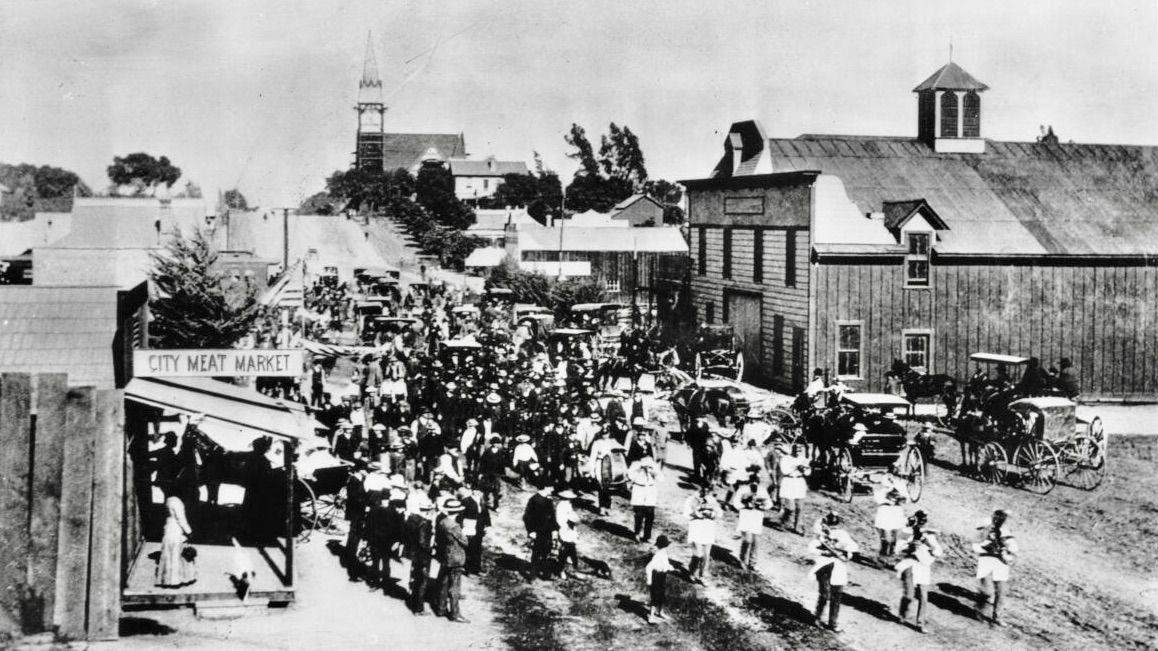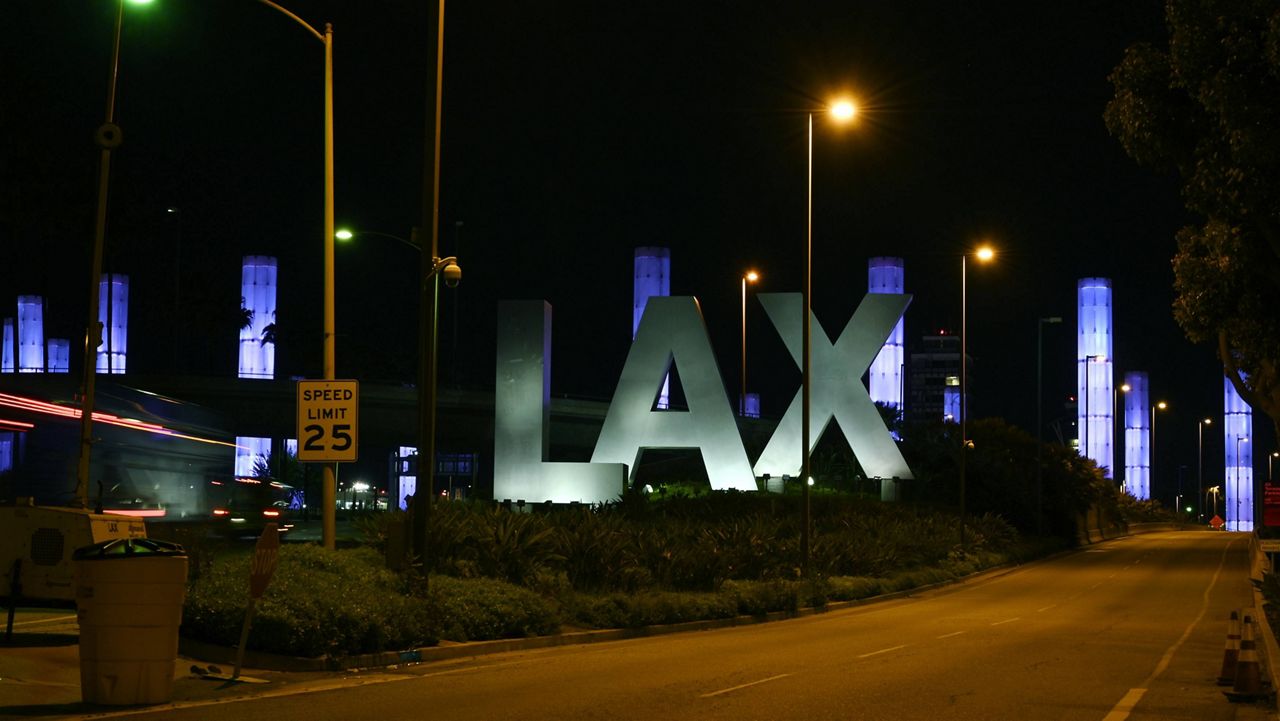LOS ANGELES — The Los Angeles County Board of Supervisors voted unanimously Tuesday to designate abolitionist Owen Brown's gravesite in Altadena, a county historic landmark.
Brown was a son of prominent anti-slavery figure John Brown. His father was executed in December 1859 for leading a raid on the U.S. Armory at Harpers Ferry in Virginia to expand the Underground Railroad and spark a liberation movement to end American slavery.
Owen Brown, who participated in the raid, escaped capture and moved to Gibraltar Island, near Put-In-Bay outside of Cleveland, with his older brother Jason Brown.
In 1885, the brothers relocated to Pasadena, where their sister Ruth Brown lived.
The duo then homesteaded a parcel in the foothills above, in what is now the unincorporated community of Altadena's "Meadows" neighborhood.
The Brown siblings were often visited by locals in Pasadena and admired for their abolitionist work.
In 1889, Owen Brown died of pneumonia and his funeral was reported to have been attended by approximately 2,000 mourners. He was buried atop an Altadena hill named "Little Round Top."
In 1898, a commemorative stone, replacing the original wood marker, was placed at the site. In the years since, the headstone has been desecrated and restored twice, the latest being in 2021.
The 135-year-old site continues to be visited by admirers of his revolutionary work.
"Honoring Owen Brown's gravesite as a Los Angeles County historical landmark is a powerful reminder of our shared commitment to justice and equality," County Supervisor Kathryn Barger said in a statement after the vote. "His fight against slavery and unwavering commitment to treating all human beings with dignity and respect reflects his courage and vision. I am proud that we will add his gravesite to our county's registry of landmarks today. This will help preserve his memory so that future generations can pay homage to his life's work."








